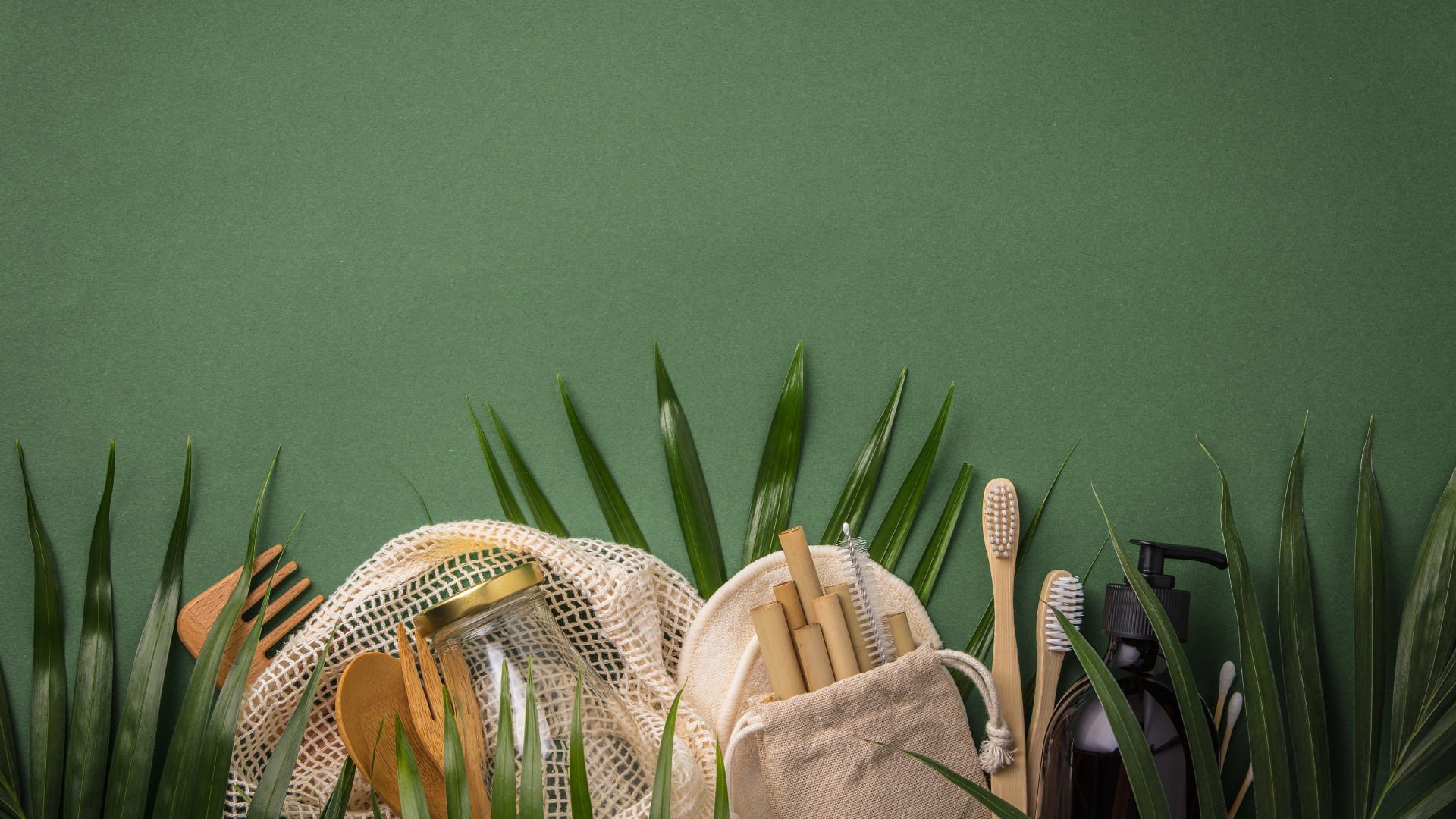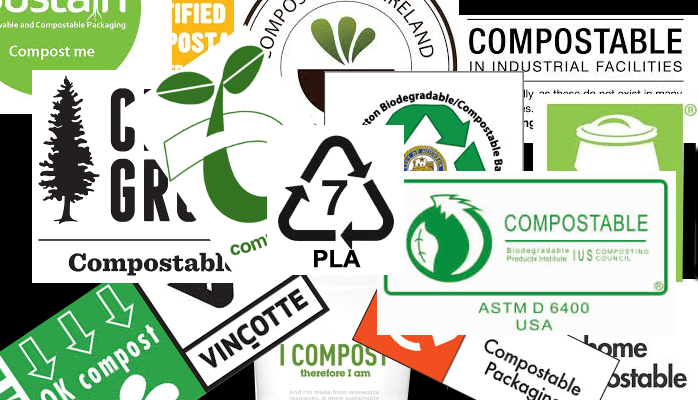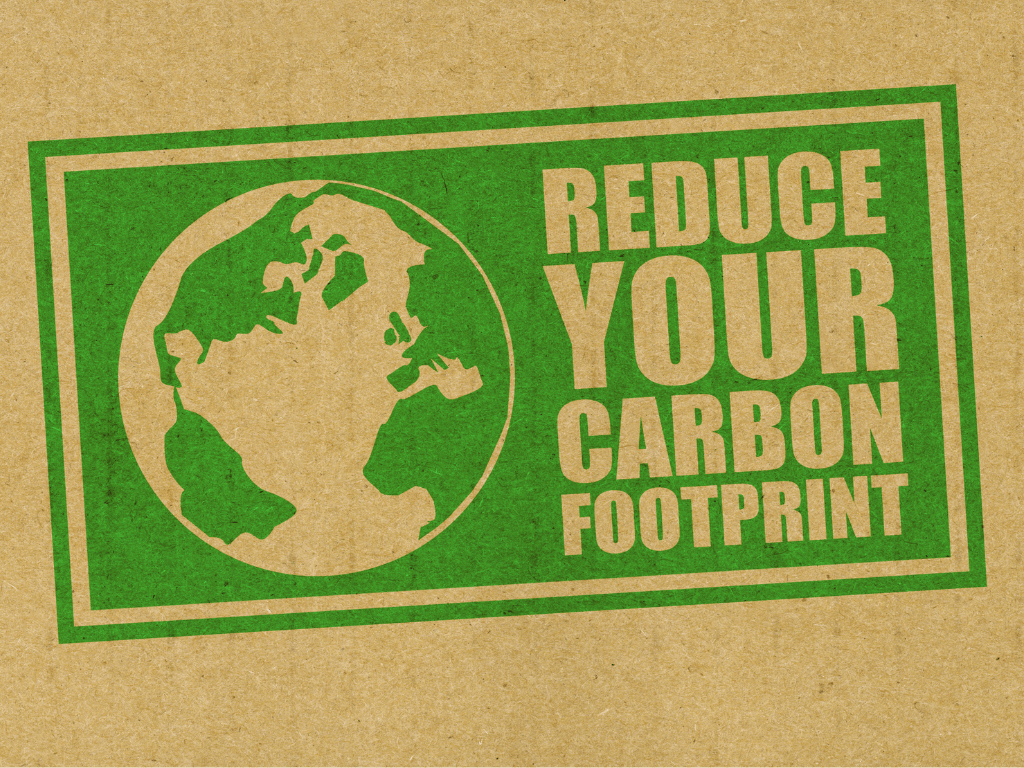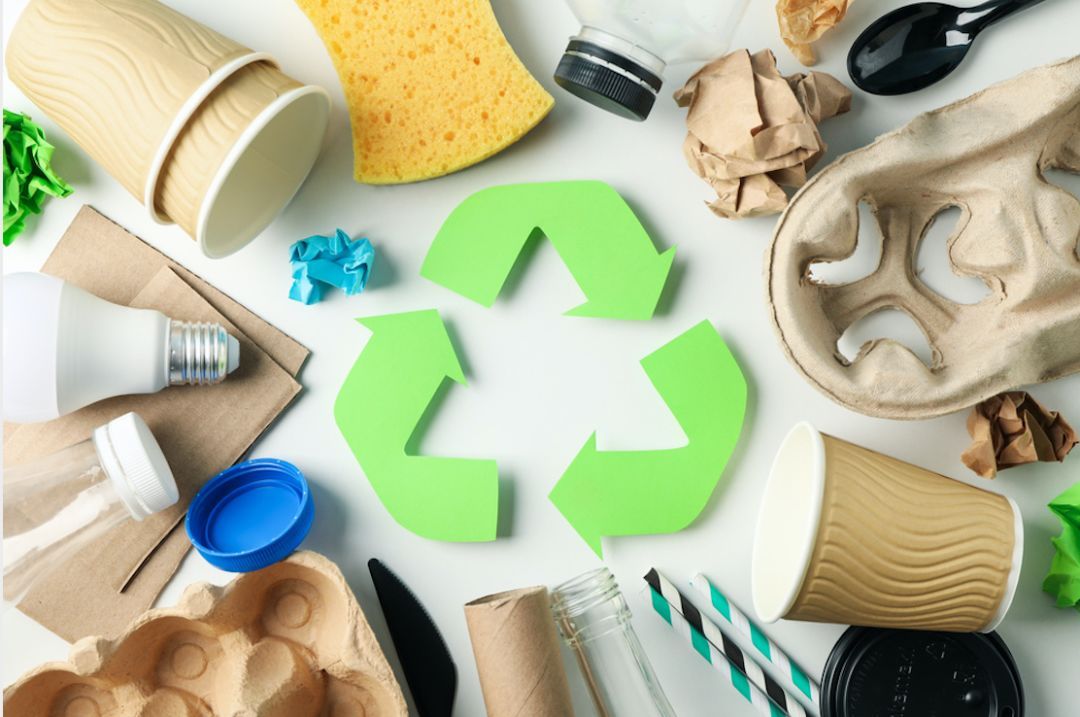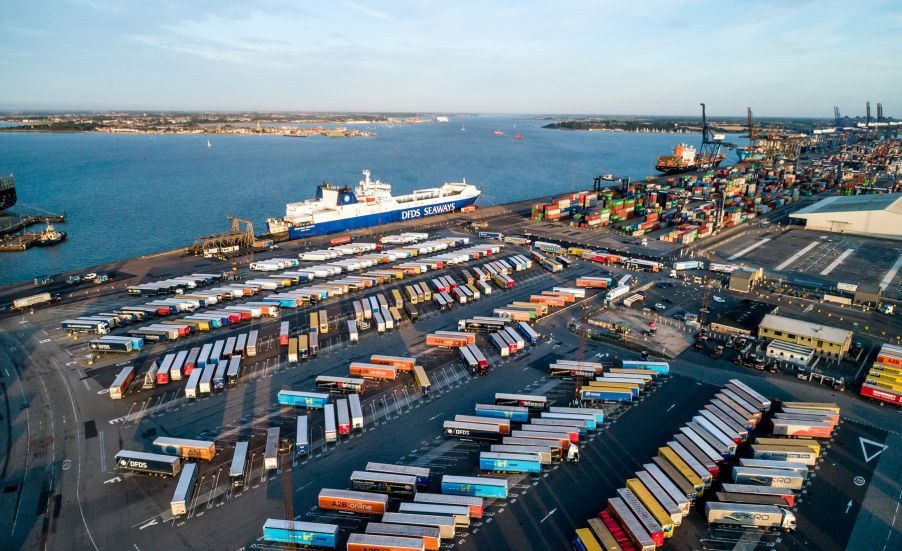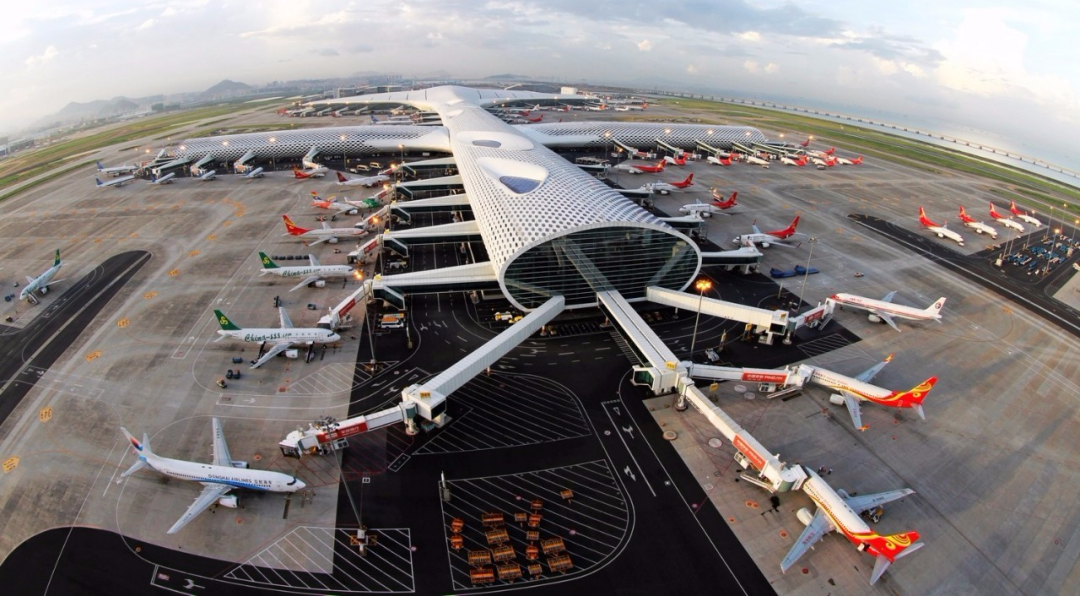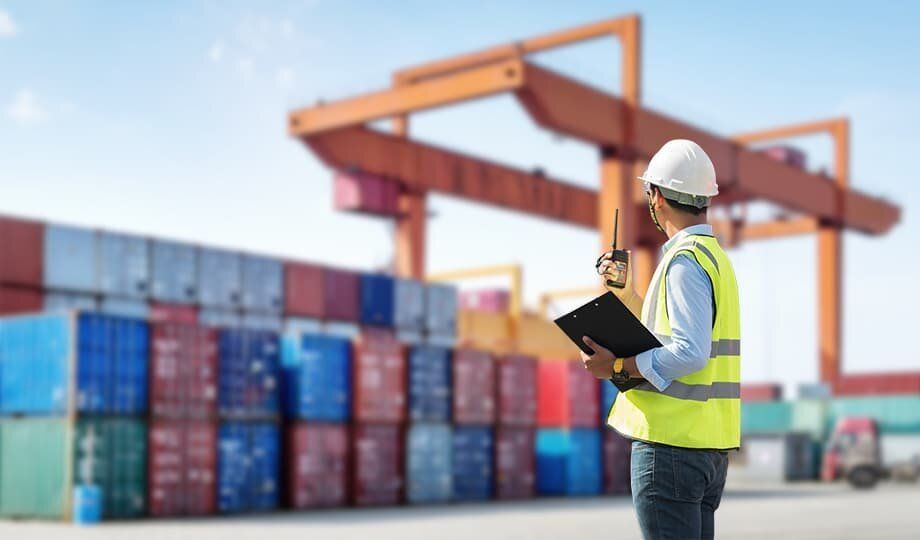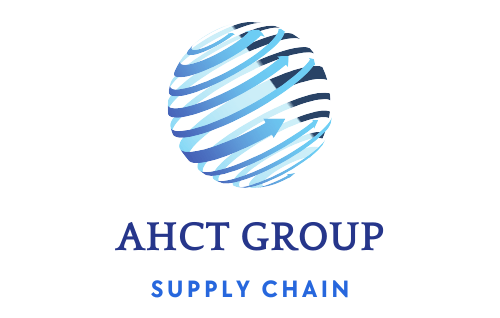
AHCT GROUP NEWS
Competitive Analysis of Bamboo Straws
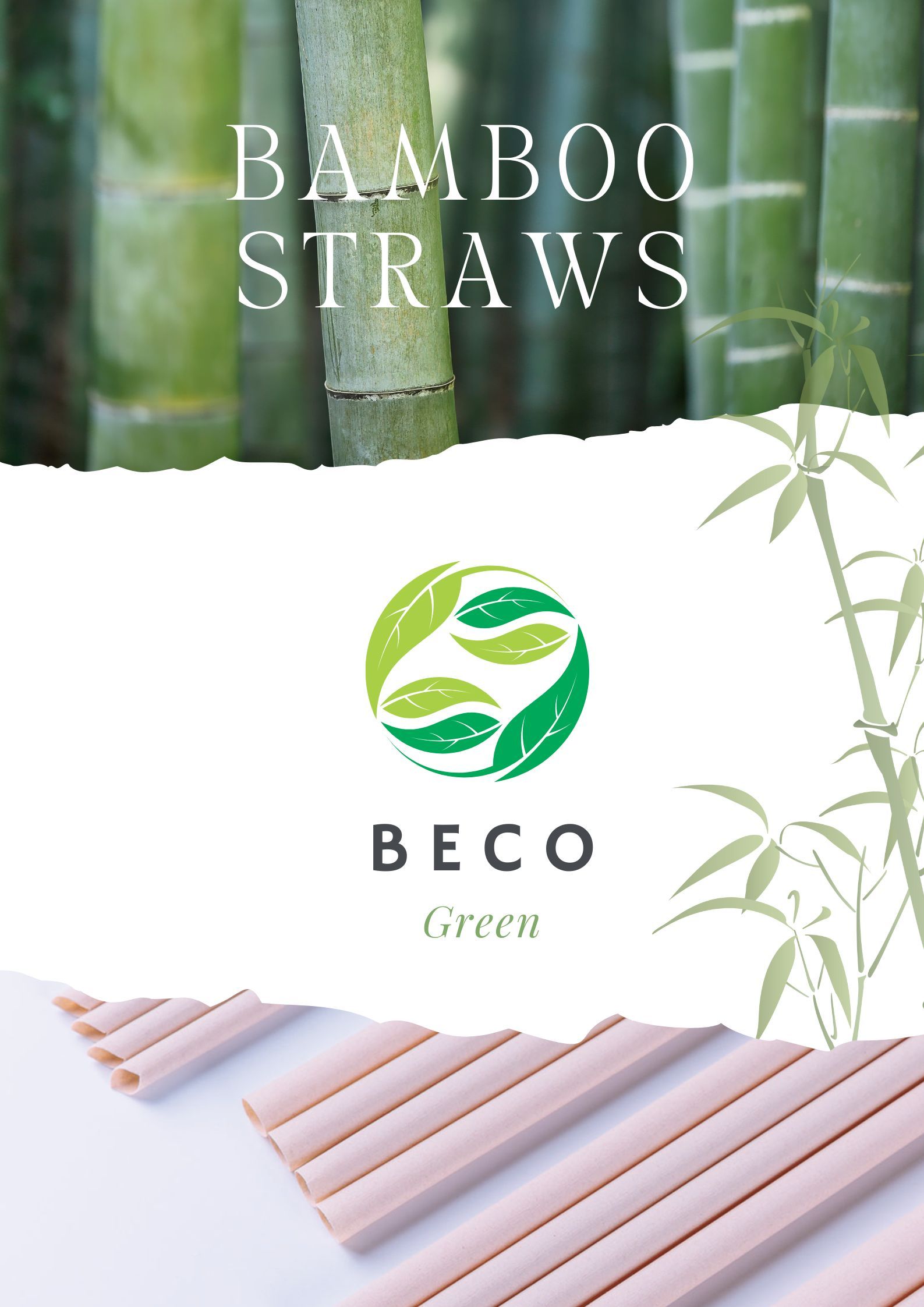
Competitive Analysis of Bamboo Straws
BECO has made a breakthrough in its "bamboo instead of plastic" strategy. Since the start of the "plastic banning"policy, non-degradable disposable plastic straws have become the first plastic products to be restricted. Straws have always been a plastic product used in the public's life with ultra-high frequency.
The major catering leaders have shifted from plastic straws to paper straws.
This move to use paper straws has caused consumer dissatisfaction. Many consumers have poor experience with paper straws, it sticks to their mouths and has taste of core of toilet paper. There are even some comments that hit the nail on the head: paper straws are really environmentally friendly, it just degrades in my mouth.
Some people questioned that paper straws are pseudo-environmental, which can not achieve the effect of environmental protection. Because once the paper straw has been used and stained with food or drink, it does not have secondary use value. The structure of paper straws is paper, and the inner polyethylene or polypropylene coating, which is not pure paper, will be treated as "other garbage" when the garbage is being sorted, and will not be completely degraded during the degradation process.
And, the amount of consumables and emissions from the production of paper straws is also a big pollution of the environment.
According to experts "Bamboo offers a nature-based solution to the plastic pollution problem." Bamboo is a more low-carbon, fast-growing, easily renewable and biodegradable biomass material compared to other environmentally friendly materials. Bamboo rhizomes, bamboo poles and bamboo leaves can be all used fin bamboo straw production, and the bamboo industry value chain covers all aspects of production and life. There are more than 1,600 kinds of bamboo plants known worldwide, and the bamboo forest area is more than 35 million hectares, widely distributed in Asia, Africa and America.
In fact, BECO's fiber bamboo straw is a more ideal alternative. On the one hand, bamboo products have the advantages of anti-scalding and durability, which can solve the key problem of paper straw: soft and easy to dissolve, on the other hand, bamboo hasan obvious lower carbon footprint than PLA biodegradable plastic.
As a natural fibre, bamboo has the disadvantage that it's very easy to get mold, Beco's bamboo straw has solved this problem without any chemical processing. And the bamboo material can be used as a composite material to solve the weakness of easy cracking by compounding with other base materials.
BECO also adheres to two basic ideas when developing bamboo straws, one is to let consumers see at a glance that this is a straw made of bamboo, the appearance of the bamboo itself can be seen in the fibers, perceived the natural material of the product; the second is to meet the health needs of consumers.
The proportion of bamboo material used in life is much lower than wood and plastic, but it contains greater potential in energy saving and emission reduction. Bamboo has a strong carbon sequestration capacity, its ability to fix carbon dioxide is 1.4 times that of wood, and the production cycle is short and the conversion capacity is fast.
The development of bamboo industry is also highly compatible with the current "double carbon" emission reduction target.
Claim your free sample please contact us.
"As a core member of BCC, AHCT Group has the business ability and reputation recognized by the global international moving industry, and enjoys a high reputation and reputation in the industry."
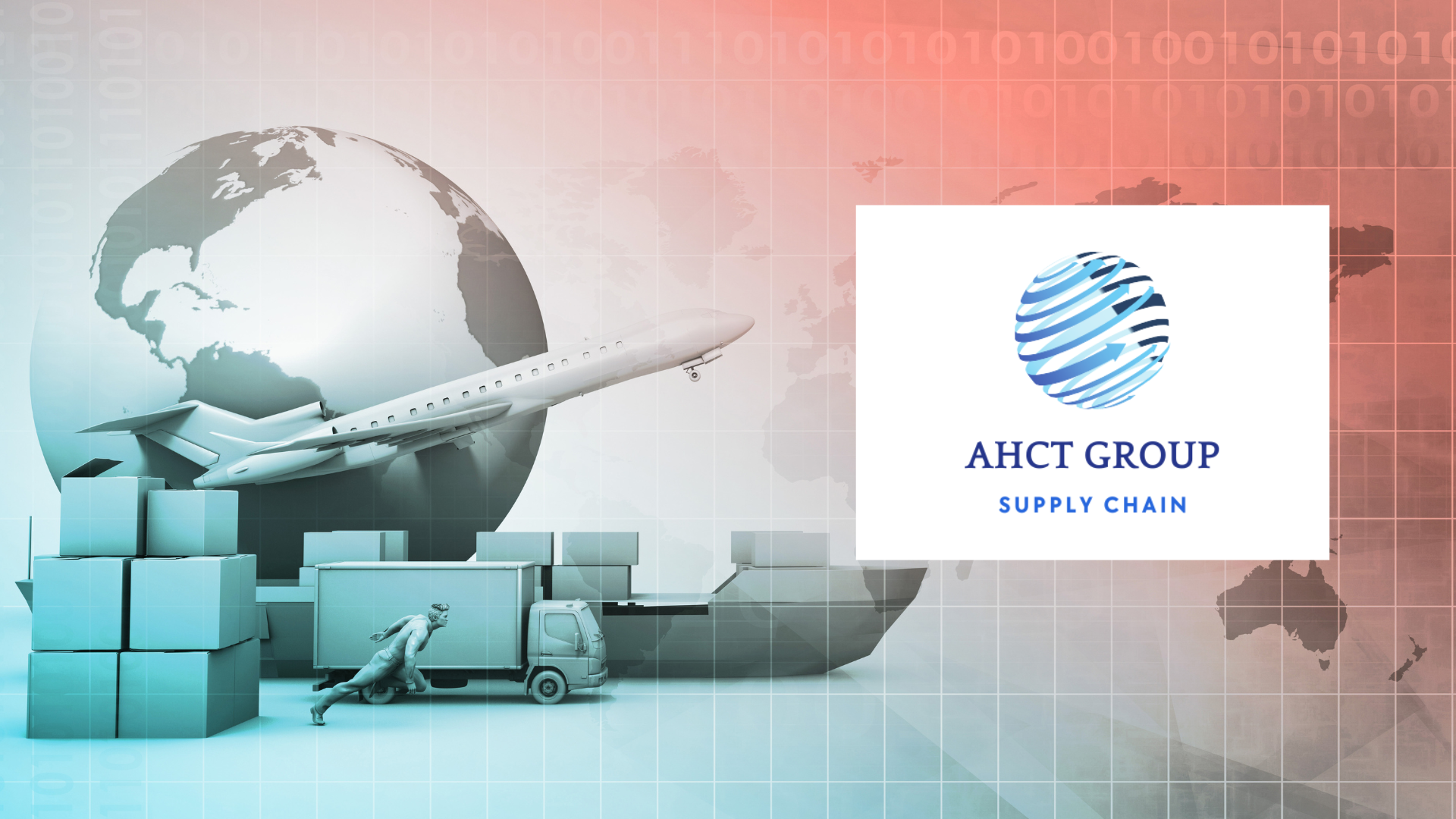
Partners of AHCT Group
AHCT Group has long-term commercial cooperation with a number of industry-leading experts, and has the knowledge and experience to solve any logistics challenges that customers may face.
Tel: +44 1164 030188
Address: Unit 7, Cornwall business centre, Cornwall Road, Leicester. LE18 4XH
Email: info@ahctgroup.co.uk
Address: Foxholes Road, Leicester, Leicestershire LE3 1TH
Email: info@ahctgroup.co.uk
Contact Us
We will get back to you as soon as possible
Please try again later
